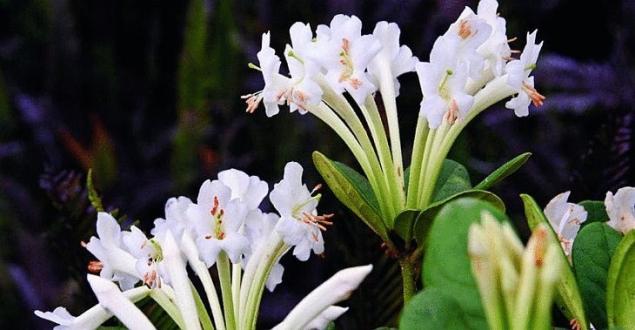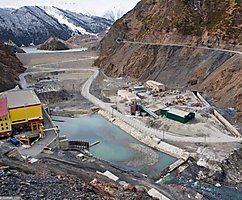In Western Siberia there were dozens of new plants
 Bashny.Net
Bashny.Net
The scientific research conducted by the joint group of experts on the territory of the Yamalo-Nenets Autonomous district, allowed to write in the book flora of the region more than 50 new types of plants. Scientists believe that the reasons for such a rapid expansion of the list of plant groups the County should be sought in global warming. It not only makes you leave the plants in the mountains, but also creates conditions for the emergence of new types of herbs and shrubs where they did several years ago was observed.
In the study, Northern regions of West Siberia took part experts of the Scientific centre of Arctic research, Saint-Petersburg state forest technical University named after S. M. Kirov and the Botanical Institute named V. L. Komarov RAS. Each of the findings were documented relevant herbarium collections. The herbarium of the new plant in Yamalo-Nenets Autonomous district decided to take a separate collection that will belong to the Scientific centre of Arctic research. Subsequently, she will also be part of the Foundation of the herbarium of the Botanical Institute of the RAS, which today is the largest in the country.

This will happen as soon as the collection is permanently filled. While this is only a partial exploration of the territory of the Yamalo-Nenets Autonomous district, which does not give a complete picture of changes that occurred with the plant in recent years. As acknowledged by scientists, the Northern regions of West Siberia, which include YANAO, evenly remain the least studied from the point of view of the composition of local flora. The largest area of the country is still in need of detailed study and research.
While the researchers were Polar Urals, Yamal, Verhnechusovskie reserve and a couple of areas. These areas are less than half of what remains to be explored. But even in these areas biologists expect a good catch – more than 50 new plants which are yet to study in detail. This research was made possible thanks to a new scientific plan for 2014, which was approved by the Governor of the Yamalo-Nenets Autonomous district. The document includes a list of activities that will be carried out in the region with the support of the authorities of the state and regional levels.
So more than half of the budget allocated to these activities, will focus on ecology and environmental protection. The plan also includes activities on archeology, Ethnography; the study of man in the Arctic, historical heritage and natural potential of the region.
published
Source: zeleneet.com
Tags
See also
Billions of inhabited planets, near us, in our Galaxy
Kuznetsk Alatau - a mountain system in the south of Western Siberia
A new class of planets
Very unusual project, where the rusty hydrant presented new kinds of planets :)
Photos in December
The solar system slows down
Hot Spots of the World (33 pics + text)
What killed the "terrible lizards"? On the generators of mass extinctions
In the night from 13 to 14 January —Old New Year!
Educators this year

















